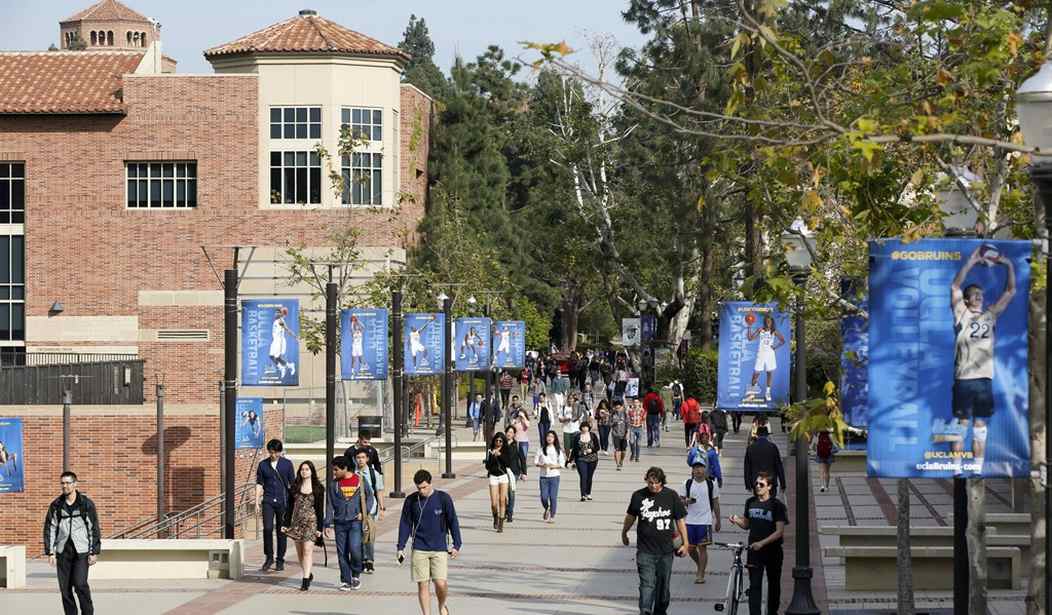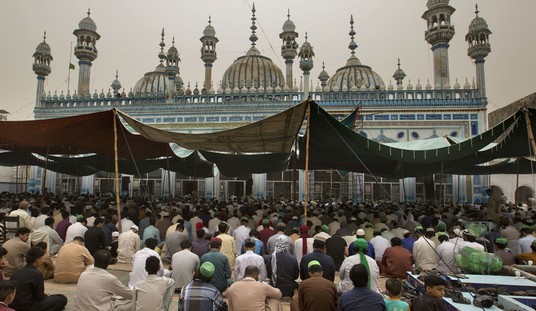In July the Chronicle of Education published a story about University of Toronto psychology professor Yoel Inbar. The short version is that Inbar’s partner was offered a job at UCLA and she asked if they might be interested in hiring him as well. Partner hires are fairly common in academia and Inbar was invited down for an interview. It all seemed to go well but there was one out-of-the-blue question about his views on diversity statement, something he’d talked about four years earlier on a podcast called Two Psychologists Four Beers. Inbar is a progressive who supported diversity but said he wasn’t sure diversity statements were accomplishing what they were supposed to.
Inbar was expecting an offer from UCLA but instead a group of 66 grad students signed and circulated a letter saying he should not be offered a job because of his views on diversity statements. And sure enough, the school caved and declined to make him an offer.
Today the NY Times published a story which uses Inbar’s story as a kind of case study of the kind of debates taking place about DEI statements on college campuses. The paper summarized the arguments for and against in fairly simple terms. Supporters see the statements as a way to attract minority applicants. Critics see it as a way to enforce “ideological orthodoxy.” But what’s most interesting is what comes next under a subtitle that reads “How it Started.”
A decade ago, California university officials faced a conundrum.
A majority of its students were nonwhite, and officials wanted to recruit more Black and Latino professors. But California’s voters had banned affirmative action in 1996. So in 2016, at least five campuses — Berkeley, Davis, Irvine, Riverside and Santa Cruz — decided their hiring committees would perform an initial screening of candidates based only on diversity statements.
Candidates who did not “look outstanding” on diversity, the vice provost at U.C. Davis instructed his search committees, could not advance, no matter the quality of their academic research. Credentials and experience would be examined in a later round.
So what does “look outstanding” on diversity mean in practice? Based on the outcomes it seems to mean not being white or Asian.
The championing of diversity at the University of California resulted in many campuses rejecting disproportionate numbers of white and Asian and Asian American applicants…
At Berkeley, a faculty committee rejected 75 percent of applicants in life sciences and environmental sciences and management purely on diversity statements, according to a new academic paper by Steven Brint, a professor of public policy at U.C. Riverside, and Komi Frey, a researcher for the Foundation for Individual Rights and Expression, which has opposed diversity statements…
According to a report by Berkeley, Latino candidates constituted 13 percent of applicants and 59 percent of finalists. Asian and Asian American applicants constituted 26 percent of applicants and 19 percent of finalists. Fifty-four percent of applicants were white and 14 percent made it to the final stage. Black candidates made up 3 percent of applicants and 9 percent of finalists.
The Times grants that this practice “carries echoes of the battle over affirmative action” but I think it’s more fair to say this process is affirmative action for faculty. Hispanic and black candidates have triple the chance of getting hired while Asian have a reduced chance and white applicants chances are are cut dramatically. And because this is treated as the very first thing candidates are scored on, issues like subject matter expertise, publishing history, etc. aren’t even considered for those being weeded out based on DEI.
Eventually, someone at Berkeley decided this had gone too far and demanded that a candidate’s research be considered when making hiring decisions. Wow, what a radical idea!
By 2020, however, top officials at Berkeley concluded the hiring experiment had gone too far. That February, a vice provost sent a carefully worded letter to search committee chairs. Diversity statements, he wrote, should not be treated as a political litmus test or as the sole factor.
“The university is to evaluate candidates on multiple dimensions” including research, he wrote.
Despite the fairly clear evidence that Dr. Inbar was rejected for ideological reasons which have nothing to do with his qualifications or ability, the Times still concludes this absurd statement near the end of the story:
To argue that diversity statements politicize academia and impose a point of view is also a mistake, according to the faculty diversity work group at Santa Cruz. “Social justice activism in academia seeks to identify how systemic racism and implicit bias influence the topics we pursue, the research methods we use, the outlets in which we publish and the outcomes we observe.”
If that statement were true then no academic would be punished for saying what Dr. Inbar did, i.e. that DEI statements don’t seem terribly effective. Similarly, a candidate might have ventured to say that implicit bias it junk science (because it is) or that DEI training may not work and may, in some cases, do more harm than good (also true). Those are all statement about how social justice in academia operates. The problem is that those statements are unacceptable to the ideologues running California’s universities and are therefore disqualifying. In other words, this isn’t a search for truth it’s a demand for compliance to one viewpoint.
Many of the commenters get it. Here’s the most upvoted comment:
I don’t care about diversity statements, there is nothing wrong with asking candidates their opinions and viewpoints about diversity in the classroom (although enforcing a narrowminded ideology in response is wrong).
The main issue here is that someone DID provide such an answer, and was rejected anyway because once, in his life, he expressed a contradictory viewpoint. That is madness, and the university should know that. If students are objecting, let’s turn it into a teaching moment for them, rather than bowing to the fear of controversy.
This is my favorite because it’s an admission against interest from a self-described liberal (and currently the third most upvoted):
I’m sorry that the right wing will find such rich material to publicize and exploit as the compelling of statements described here. I’ve been a liberal since I was born, but this Mao-like system of forced political obedience is counter to academic freedom, personal freedom, and reason itself. The handing over of universities to zealots, whether students or administrators, is deplorable, and a serious harm to the whole left, a gift to the enemies of racial justice and democracy itself. The students might well be advised to consider the fate of Robespierre, if European history is still allowed.
This is also pretty good:
This is one of the most frightening articles about the state of universities that I have ever read. Compelled Speech, and that is clearly what these DEI statements are, is anathema to the mission of a university.
It’s hard to stop.
Anyone who has been raised in a religion they are not allowed to question recognizes the toxicity of DEI on campus.
From a “guy in Europe”
Having to pass a ideological purity test before you are allowed to teach is normally something associated with dictatorships like the cold war soviet states.
Seriously, if you’re not busy, you may want to just read through the comments to this article. It’s heartening to discover the NY Times has so many paid subscribers who have common sense and find these blatantly ideological purity tests both absurd and harmful. Maybe there’s hope for higher education after all.








Join the conversation as a VIP Member